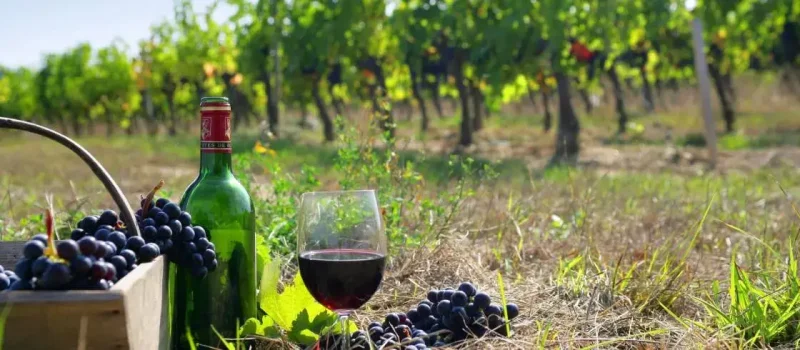Does genetic innovation have its place in the vineyards of tomorrow?
In an open letter, the winegrower and trade unionist André Baniol takes a firm stand for it:
The accumulation of lies and destructive actions have forged an apocalyptic image to the concept of genetically modified organism (GMO).
However, it seems to me perfectly possible to explain that the transfer of genes by genetic manipulation does not make the receptor more dangerous than the transfer by backcrossing, neither for the environment nor for human consumption.
Addressed to the presidents of the French Institute of Vine and Wine (IFV) and the FranceAgriMer specialist wine council, this letter adds to the voices expressed in favor of new genomic technologies. Abbreviated NTG (or NBT in English), they represent a set of techniques developed since 2001 to modify the genome of an organism in a very targeted way using “scissors” in order to give it a specific characteristic.
André Baniol sees it as a way to get rid of pesticides without changing grape varieties.
They would simply receive genes for resistance to cryptogamic diseases, without losing either their organoleptic characteristics or their surname, the unavoidable access key to the market.
[Editor’s note: This article was originally published in French and has been translated and edited for clarity.]































